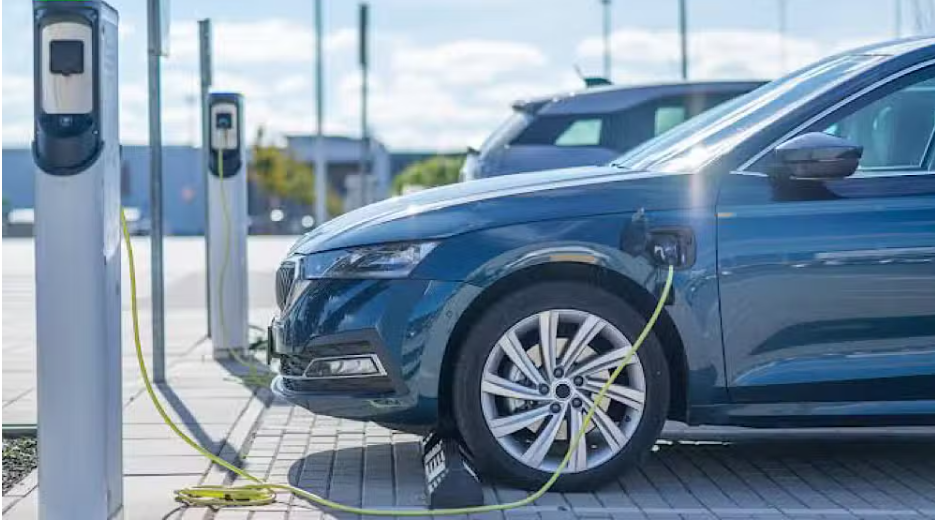n a significant move aimed at accelerating the country’s transition to cleaner transportation, the government has announced plans to make petrol and diesel more expensive. This policy is part of a broader strategy to encourage the adoption of electric vehicles (EVs), reduce carbon emissions, and cut reliance on fossil fuels.
A Strategic Push Towards Clean Mobility
Rising fuel prices are rarely welcomed by the public, but officials argue this time the move serves a long-term national interest. The government’s decision to increase taxes on petrol and diesel is not merely a fiscal measure, but a calculated attempt to disincentivize the use of internal combustion engine (ICE) vehicles and make EVs more attractive to consumers.
Transport accounts for a substantial portion of greenhouse gas emissions in the country. The growing number of personal vehicles and commercial fleets running on fossil fuels continues to add to air pollution and climate change. EVs, which run on electricity and produce zero tailpipe emissions, offer a cleaner and more sustainable alternative.
Economic and Environmental Rationale
By making petrol and diesel more expensive, the government hopes to tip the cost-benefit scale in favor of electric vehicles. While EVs have a higher upfront cost compared to ICE vehicles, they are significantly cheaper to run and maintain over time. Increasing the operational cost of fossil fuel-powered vehicles could bridge the cost gap faster and make EVs more economically viable for the average consumer.
From an environmental perspective, this move could yield significant benefits. Reduced use of petrol and diesel will cut down air pollution in major cities and help the country meet its international climate commitments, including the targets set under the Paris Agreement.
Boosting EV Infrastructure
Alongside price adjustments, the government is expected to ramp up investment in EV infrastructure, such as public charging stations, battery swapping facilities, and green energy production. Incentives for EV manufacturers, subsidies for buyers, and favorable financing options are also being expanded to ensure that the transition is not only enforced through penalties but also supported through benefits.
Moreover, several states are rolling out their own EV policies that include tax rebates, registration fee waivers, and support for two-wheeler and three-wheeler electrification. These policies are crucial for mass adoption, especially in urban centers with high vehicle density and pollution levels.
Public Sentiment and Challenges
While the shift to EVs is a step in the right direction, there are concerns about affordability, infrastructure readiness, and the reliability of EVs in different terrains and climates. Many consumers are also wary of limited charging networks and battery replacement costs. The government will need to address these concerns through transparent communication, robust policy implementation, and collaboration with private players.
Conclusion
Increasing the cost of petrol and diesel is a bold and potentially transformative step in the nation’s journey toward sustainable mobility. By creating economic pressure on fossil fuel use while expanding EV support, the government is signaling a decisive shift in transport policy. The success of this approach will depend on how effectively the transition is managed and how quickly supporting infrastructure can meet rising demand for EVs.



